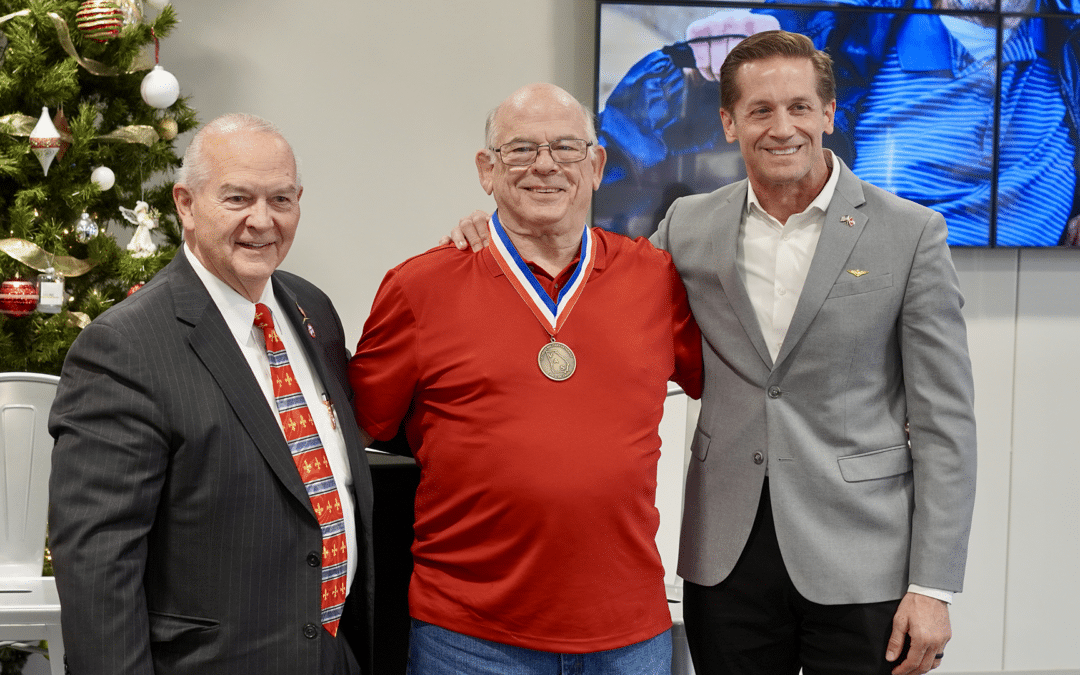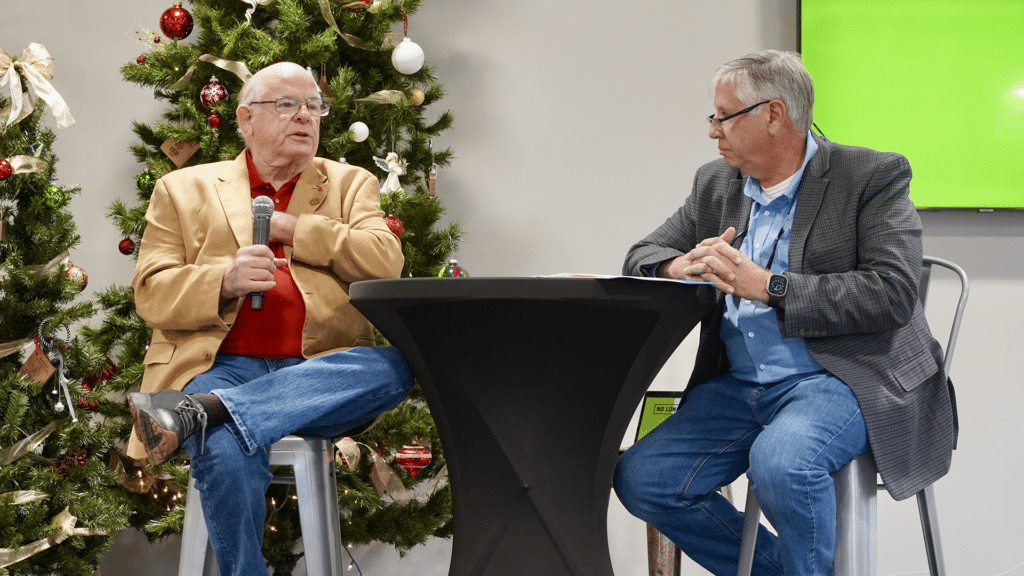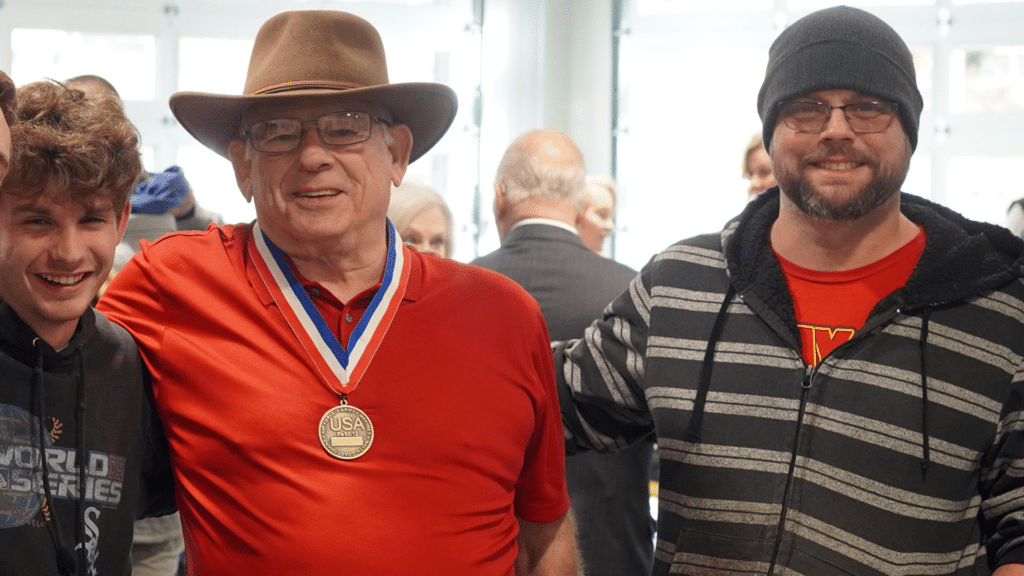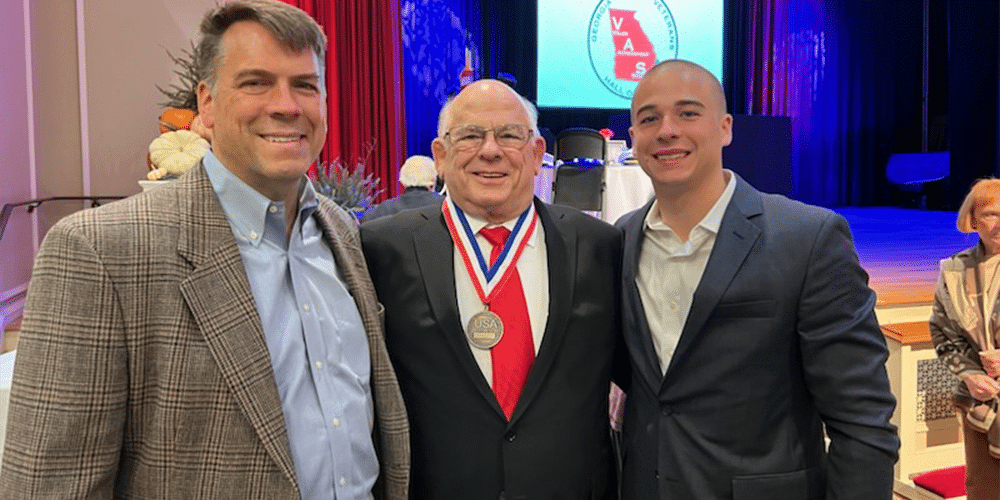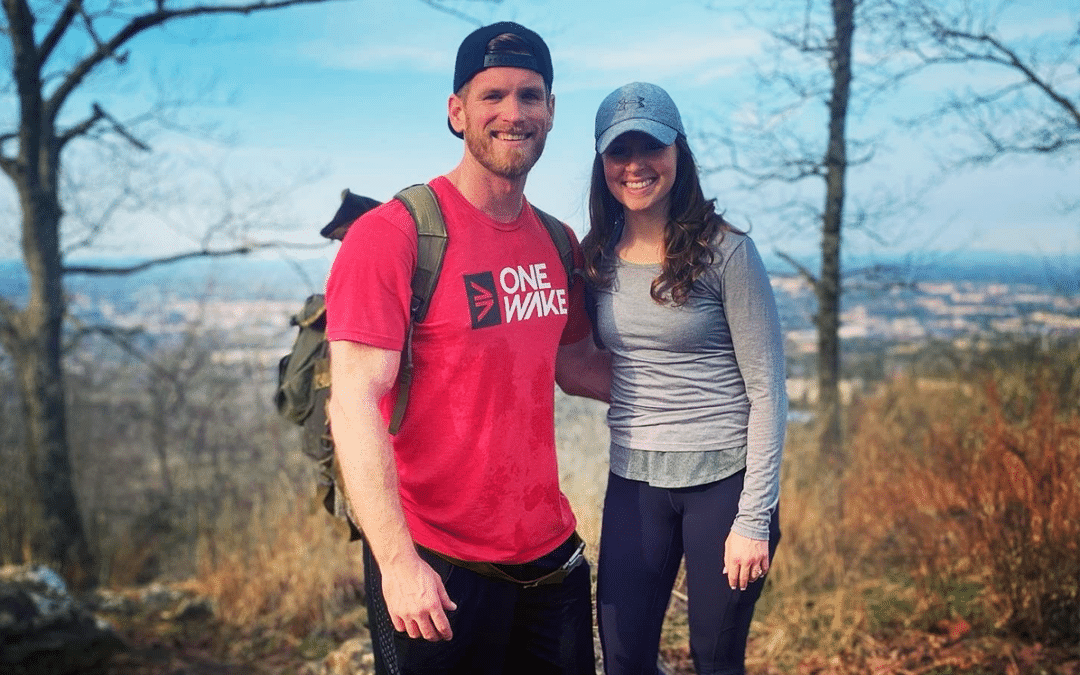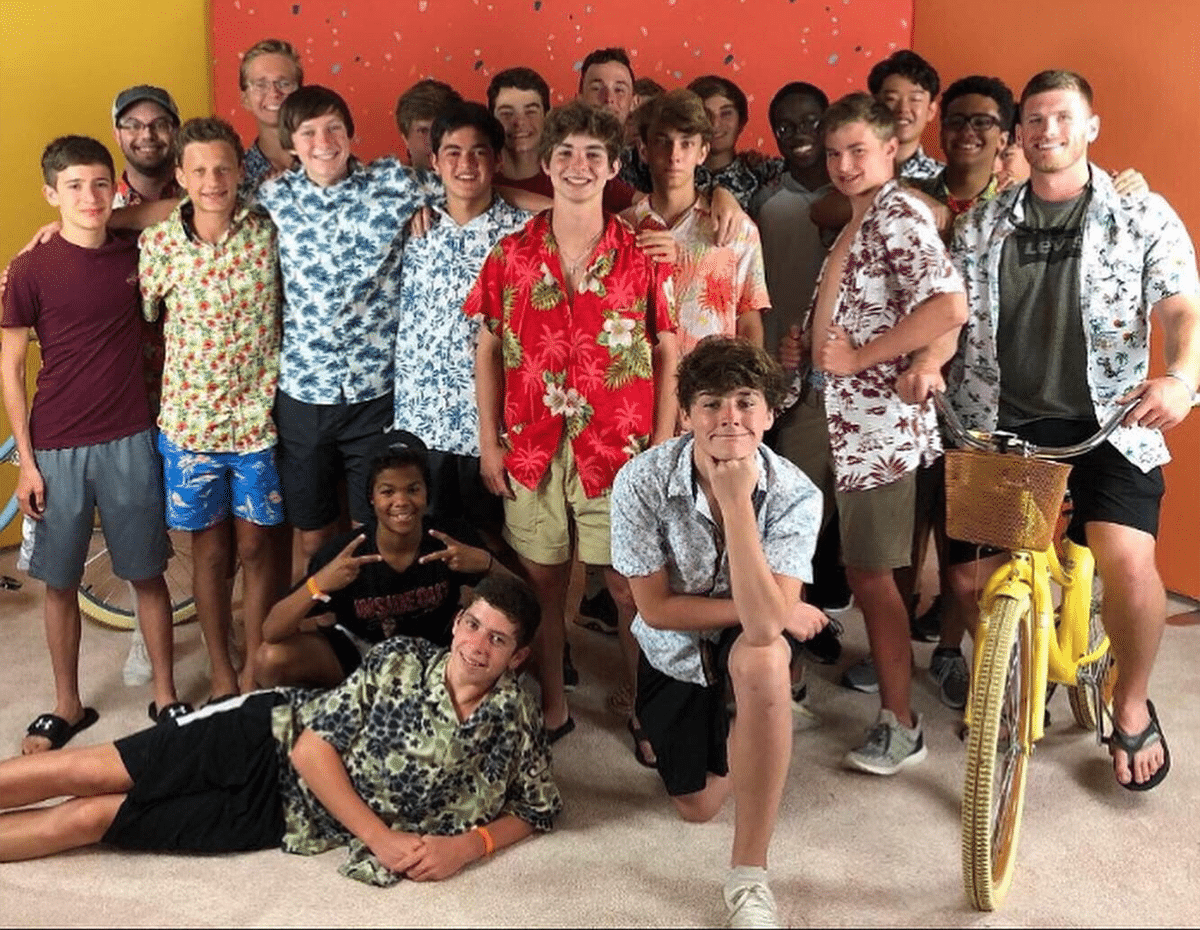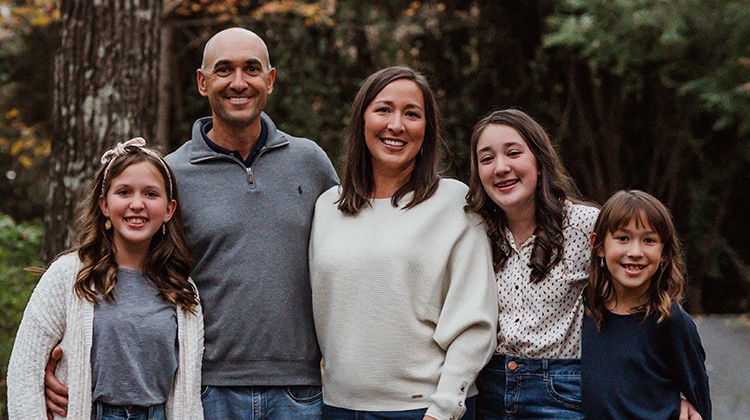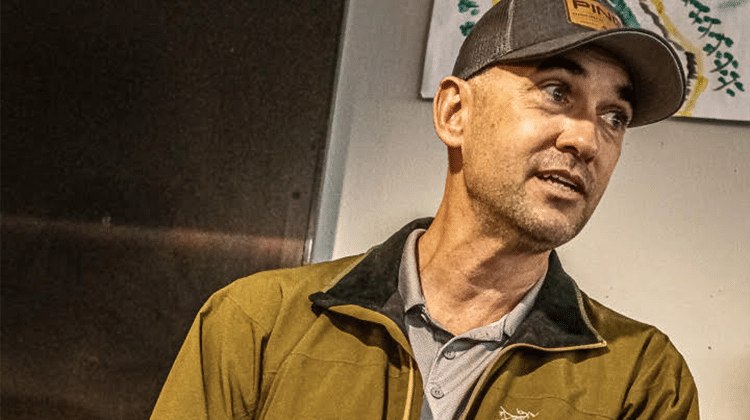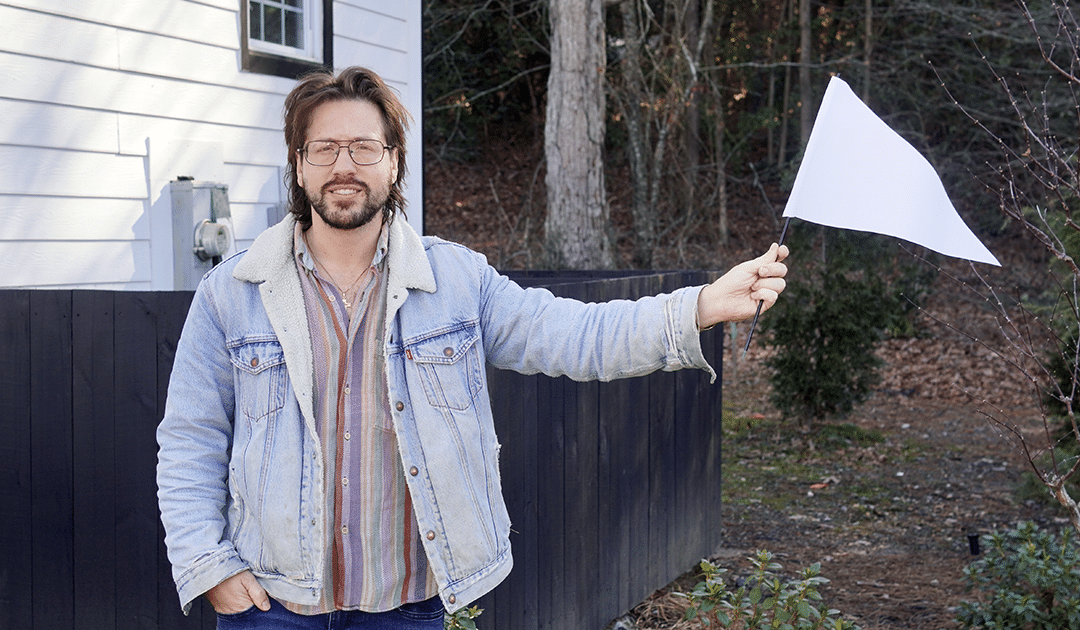
Let Go and Let God!
By A No Longer Bound Resident
The fallout from the hectic holiday season is starting to settle — and thus begins the busiest time of year in recovery. As we welcome the many new faces onto No Longer Bound’s campus, it takes me back to the beginning of my recovery journey last summer, forcing me to reflect on the challenges I faced.
After arriving at No Longer Bound (once the brain fog started to clear and I was able to establish a routine) the first concept that stuck with me was the concept of “surrender.” It made logical sense to let go of my old ways of thinking, implementing that paradigm shift was a challenge.
After talking to other men in the program, I realized I wasn’t alone in this struggle. Many guys who were much farther along than I faced similar difficulties surrendering.
While letting go of control and submitting to the will of a higher power contradicts our conditioned beliefs, seeing men’s lives change before my very eyes showed me what’s possible when we step back, pause, and yield to God.
I witnessed broken relationships being healed, men confronting challenges with newfound courage, and others breaking through their barriers to grow in ways they never expected.
For me, surrender is a continuous process that I have to work on daily. But it’s a game changer when it comes to my relationships. I had a lot of negative beliefs keeping me from expressing my authentic self to others, and surrender meant letting go of those false beliefs and being real.
This is all summarized perfectly in Matthew 6:31-34:
“So do not worry, saying, ‘What shall we eat?’ or ‘What shall we drink?’ or ‘What shall we wear?’ For the pagans run after all these things, and your heavenly Father knows that you need them. But seek first his kingdom and his righteousness, and all these things will be given to you as well. Therefore, do not worry about tomorrow, for tomorrow will worry about itself. Each day has enough trouble of its own.”
In short: Let go and let God.

